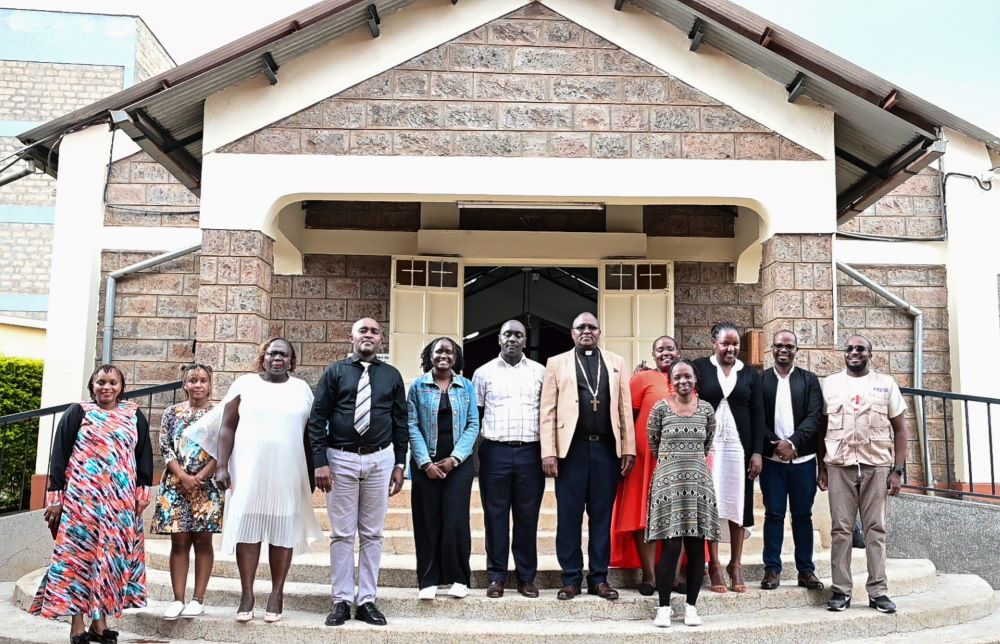
The Media Council of Kenya (MCK) has underscored the critical role of young people in advancing digital literacy within communities, to foster responsible digital citizenship.
MCK Senior Officer for Research and Planning, Jacob Nyongesa, said that a well-informed youth can keep the media in check while enhancing professionalism in the media sector.
He highlighted that this can be achieved through access to responsibly disseminated information, therefore empowering young people to champion ethical media practices.
"We believe that equipping young people with media literacy skills is essential in today’s digital age", he said during a Media and Information Literacy (MIL) training session held at the Anglican Church of Kenya (ACK) Trinity-Muthua Parish.
He affirmed the Council’s commitment to nurturing an informed public, promoting media freedom and upholding ethical journalism.
Mr Nyongesa also encouraged community members to actively utilise the Media Complaints Commission to address ethical concerns about media practices.
"The Complaints Commission exists to hold the media accountable, ensure fair reporting, handle complaints and resolve disputes between the public and media. We encourage you to reach out whenever you feel aggrieved", he advised.
Vicar of ACK Trinity-Muthua Rev. Pharris Muchai, observed that by understanding how media functions and developing critical thinking skills, young people can become informed and responsible digital citizens while sharing their faith.
"ACK Trinity-Muthua has a large youth audience that consumes digital content extensively. Many lack the skills to effectively navigate the complex media landscape across various digital platforms, making this training timely", she said.
Susan Wekesa, Chief Legal Officer of the National Council for Persons with Disabilities, stressed that media literacy is an invaluable tool for addressing societal misconceptions surrounding persons with disabilities.
"A digitally literate society plays a crucial role in changing attitudes towards people with disabilities. By recognising and challenging negative stereotypes portrayed in the media, we can foster a more inclusive society", she said.